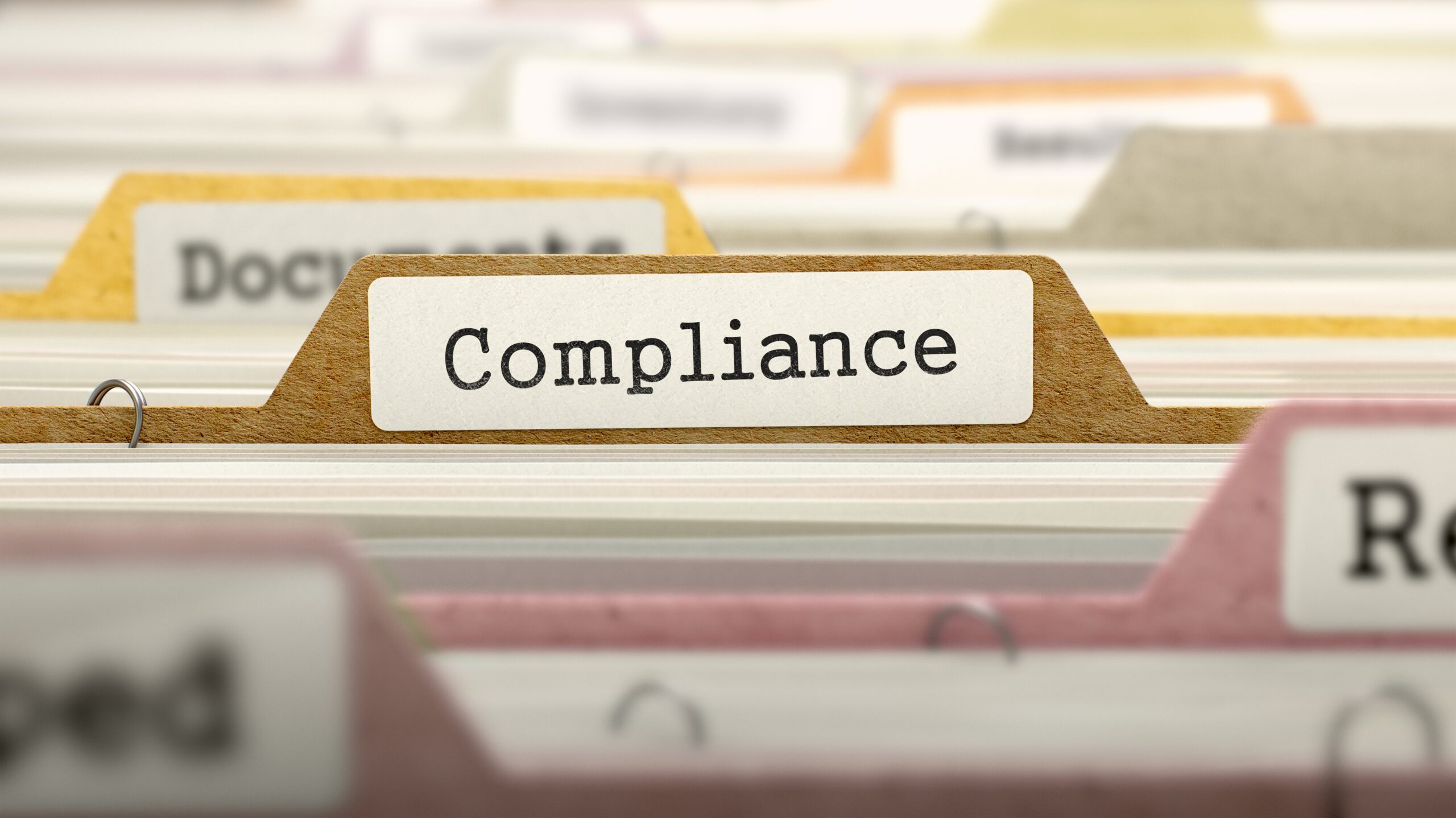Compliance is a priority for law firms. And legal software can be a key tool in helping you meet your firm’s compliance requirements.
In this article, we’ll cover major compliance issues that law firms need to monitor and solutions that can reduce your risks.
What online compliance risks does my law firm face?
A primary compliance concern for law firms is staying on top of compliance related to both data and processes: for example, storing firm and client data safely in the cloud, managing online client portals, processing online payments, handling trust accounting issues, and following ethical requirements relating to online advertising and marketing.
In this section, we’ll go over a few major buckets of compliance risks in the digital world that your firm should recognize and address.
Ensuring cloud security
When it comes to storing data, security is the top compliance priority. Law firms must make “reasonable efforts” under ABA Model Rule of Professional Conduct 1.6 to prevent the disclosure of client-related information. That means law firms must understand what client data they store, where they are storing it, and what the potential entry points for data loss and disclosure are. Additional compliance requirements vary depending on the size and type of law that your firm practices, but it’s best practice to review applicable requirements and make sure that your firm’s cloud infrastructure has the robust protections necessary to safeguard your clients’ data.
Choosing a reputable provider of cloud-based legal platforms is the first step in ensuring compliance. The provider should have a proven track record and, ideally, have suffered zero data breaches in the past. Make sure that it offers robust security features like encryption and access control, such as password policies, two-factor authentication, and role-based permissions.
Sharing data in online client portals
Much like the cloud, client portals require firms to pay special attention to how they secure client information. Your law firm should implement strong access controls, such as two-factor authentication and secure file transfer protocols, to prevent unauthorized access to client data. Law firms that use client portals also must comply with the ABA Model Rules of Professional Conduct, which include requirements for maintaining client confidentiality (Rule 1.6), establishing competence (including with technology) (Rule 1.1), and keeping clients informed of matters (Rule 1.4).
Processing client payments online
There are a host of considerations when deciding how to accept online payments from your clients. Clients overwhelmingly prefer to have the ability to pay online and to pay with credit cards. Turning to legal software to do the behind-the-scenes work of processing online payments for your law firm is your best bet.
The right legal technology platform can ensure that all online payments accepted follow the ABA Model Rules, Interest on Lawyers’ Trust Accounts (IOLTA) guidelines, and Payment Card Industry Data Security Standards (PCI DSS). The right legal payment and accounting software will ensure that your legal team does not commingle client trust account funds with the funds they use for operations.
Following rules for online law firm advertising
Law firm websites must meet certain ethical requirements set forth by their state bars. For example, websites shouldn’t advertise a lawyer as an “expert” or as “specialized” in a particular practice area unless they hold a specific qualification permitted by their state. They should also not hold themselves out to be the “best” lawyer to handle a type of matter. Attorneys may also need to include a disclaimer noting that the information on their website should not be considered legal advice. Lawyers should check their state bar’s requirements to ensure compliance. In some states, the bar may require or permit the submission of the law firm’s website content for ethical review.
Additionally, prospective clients want to see that your law firm is capable of handling matters like theirs. One of the best ways to highlight your expertise is through the words of satisfied clients. But there are limits to what you can share online — and you also need to prepare for how to handle a negative review. ABA Model Rule 7.1 requires that all communications about a lawyer and their services must be true and not misleading. Marketing statements, such as testimonials, could be misleading if they set an expectation that a lawyer can obtain the same results as another client without reference to the specific factual and legal circumstances of each client’s case.
Finally, law firms should make sure that their websites meet the requirements of the Americans with Disabilities Act. That means your site’s design and visual and audio content need to be accessible to everyone, including people with disabilities.
A digital marketing company that focuses on helping law firms can help identify and avoid online marketing pitfalls and help you comply with your state bar’s requirements.
What other steps should my firm think about for compliance?
True compliance starts with your people. Your law firm should have a data protection plan (especially when it comes to client data) that outlines steps and safety procedures. It should include policies on who can access client data, how and when they can access it, and how data is retained and backed up. Also, make sure that your attorneys and staff are trained on how to handle sensitive data and best practices for compliance.
Legal software is critical to your law firm’s compliance
Legal software plays a critical role in helping law firms remain compliant with laws and regulations. As touched on throughout this article, the laws related to compliance are plentiful, and navigating those waters yourself is unnecessarily risky.
With advanced legal software, your firm can ensure data security through the cloud, keep client information confidential, and process online payments both quickly and while fulfilling your legal and ethical requirements. By leveraging legal software, your firm will streamline compliance processes, reduce the risk of data breaches and other violations, and ultimately protect your law firm’s reputation.






